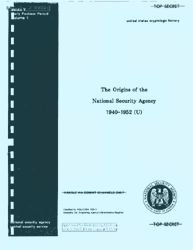After this descriptive inventory of transnational Islam, it would be useful to conclude by briefly considering the wider significance of these actors. How does increased Muslim transnationalism in the contemporary era interface with other trends in the wider Islamic world? What is the import of this global activity in terms of how it aficcts traditional Islamic concepts and practices? From the various examples of Muslim transnationalism examined above, four key themes emerge.
First, there is the question of whether the new global consciousness associated with increased Muslim transnationalism may lead some Muslims invoking Benedict Anderson’s well known idiom of nationalism to 'reimagine the umma’.28 Although the idea of the umma has existed in the Islamic lexicon for centuries, the diversity and political schisms of the Muslim world have made it difficult for the term to refer to the social reality of global Islamic unity. As new technologies of travel and communication, however, bring far flung corners of the Muslim world into greater contact with each other, there is the possibility that world Muslims many of whom share the experience of living in impoverished conditions and who see their way of life under threat from large scale social forces may find it both possible and attractive to understand themselves as part of a single global community.
26 Serif Mardin, Religion and social change in modern Turkey: The case of Bediuzzaman Said Nursi (Albany, 1989).
27 Bekim Agai, Zwischen Netzwerk und Diskurs: Das Bildungsnetzwerk um Fethullah Gulen (Schenefeld, 2004).
28 Peter Mandaville, Transnational Muslim politics: Reimagining the umma (London, 2001); Benedict Anderson, Imagined communities: Reflections on the origin and spread of national ism, rev. edn (London, 1991).




 World History
World History









